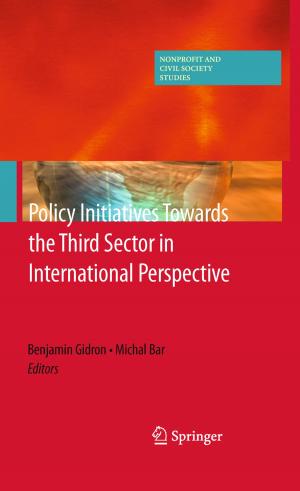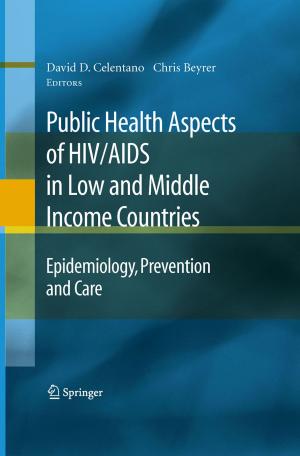Protecting Your Intellectual Property Rights
Understanding the Role of Management, Governments, Consumers and Pirates
Nonfiction, Reference & Language, Law, Commercial, Business & Finance| Author: | Peggy E Chaudhry, Alan Zimmerman | ISBN: | 9781461455684 |
| Publisher: | Springer New York | Publication: | December 9, 2012 |
| Imprint: | Springer | Language: | English |
| Author: | Peggy E Chaudhry, Alan Zimmerman |
| ISBN: | 9781461455684 |
| Publisher: | Springer New York |
| Publication: | December 9, 2012 |
| Imprint: | Springer |
| Language: | English |
Counterfeit products represent a growing problem for a wide range of industries. There are many estimates of the size of this problem most of which coalesce around $500-billion annually on a global basis. Overall, a wide range of industries agree that there is a severe problem with the global protection of intellectual property rights (IPR), yet, there have been virtually no attempts to describe all aspects of the problem. This book aims at giving the most complete description of various characteristics of the intellectual property rights (IPR) environment in a global context. The authors believe a holistic understanding of the problem must include consumer complicity to purchase counterfeit, actions of the counterfeiters (pirates) as well as actions (or inaction) by home and host governments, and the role of international organizations and industry alliances. Only after establishing how all the actors in the IPR environment relate to one another can we describe global protection of the intellectual property rights environment and the managerial response of IPR owners and/or industry associations to combat this ongoing problem. The book concludes with pragmatic recommendations for protecting intellectual property given the recent trends discussed in the previous chapters, making it of interest to practitioners and policy-makers alike.
Counterfeit products represent a growing problem for a wide range of industries. There are many estimates of the size of this problem most of which coalesce around $500-billion annually on a global basis. Overall, a wide range of industries agree that there is a severe problem with the global protection of intellectual property rights (IPR), yet, there have been virtually no attempts to describe all aspects of the problem. This book aims at giving the most complete description of various characteristics of the intellectual property rights (IPR) environment in a global context. The authors believe a holistic understanding of the problem must include consumer complicity to purchase counterfeit, actions of the counterfeiters (pirates) as well as actions (or inaction) by home and host governments, and the role of international organizations and industry alliances. Only after establishing how all the actors in the IPR environment relate to one another can we describe global protection of the intellectual property rights environment and the managerial response of IPR owners and/or industry associations to combat this ongoing problem. The book concludes with pragmatic recommendations for protecting intellectual property given the recent trends discussed in the previous chapters, making it of interest to practitioners and policy-makers alike.















